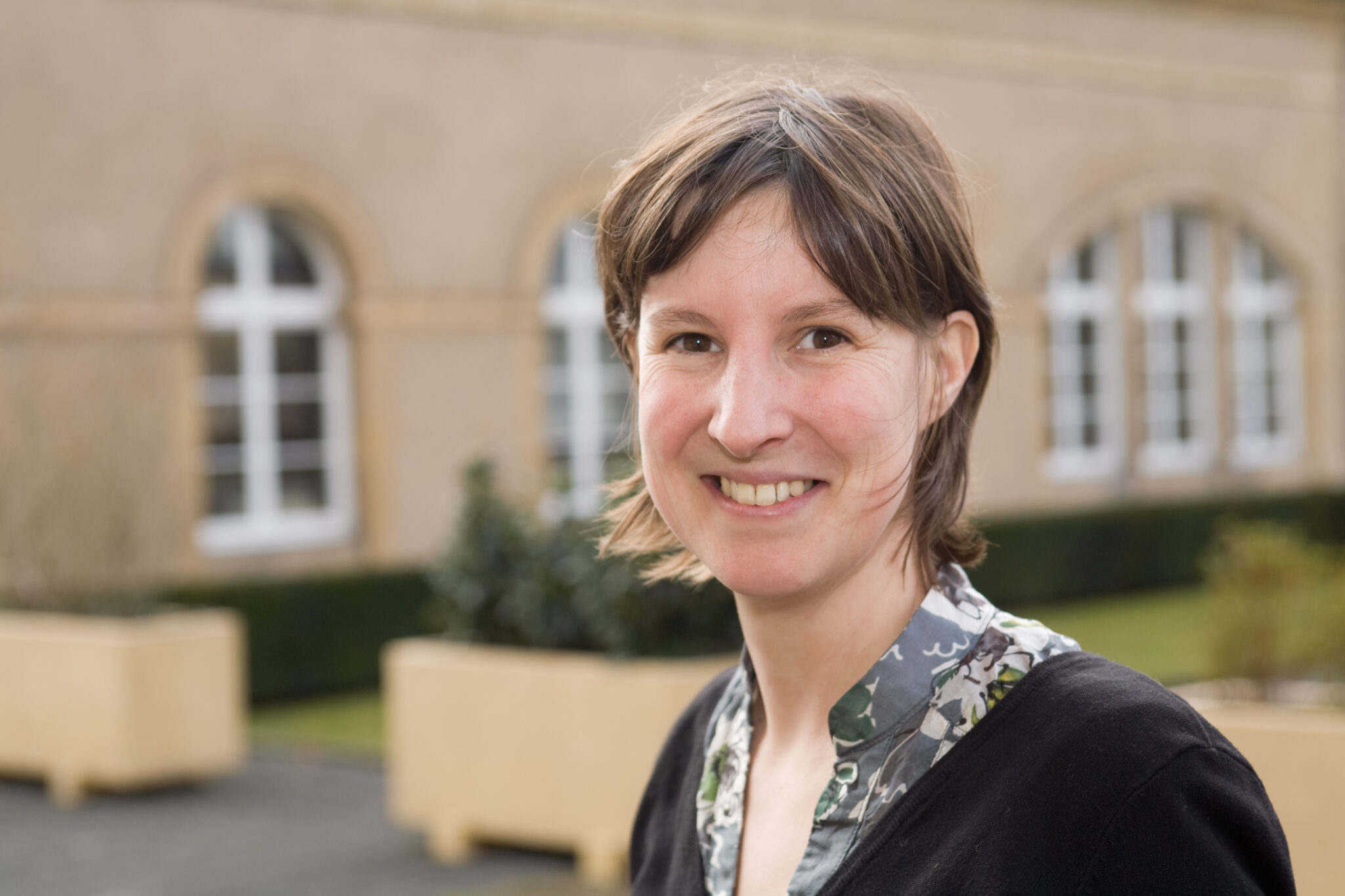About

© Ingrid de Saint-Georges
Producing knowledge about Work, Training & Mobility
In today’s interconnected world, dramatic changes are reshaping how we communicate and interact:
- Digital technology is transforming communication, work and education
- Traditional boundaries between nations are more blurred and less defined
- National languages do not always dominate in every domain
- Cross-borders movements create new patterns of language use
Our research examines these new societal dynamics in key areas of society:
- Higher Education
- Vocational Education and Training
- Professional Workplaces
- Community and Volunteer Settings
Our goal is to develop new research tools and frameworks to better understand social, professional, and educational mobilities. We seek also to produce knowledge that helps create more inclusive and effective multilingual environments for everyone.
Exploring social dynamics through an interdisciplinary lense
Research in this strand is interdisciplinary. We use a combination of approaches, tailoring our research design to the social questions we want to understand and the partners we work with. Our common methods include: linguistic anthropology, (video)ethnography, nexus analysis, (mediated) discourse analysis, multimodal discourse analysis, interactional sociolinguistics, narrative interviews and participatory methods.
Ongoing research projects
- LABØR – Language at the Borders of work and school. An ethnographic investigation of vocational high schools in French Guiana
- UNIVERSEH – European Space University for Earth and Humanity
- DISPOSEG – Disentangling Postcolonial Encounters in Globalisation: A sociolinguistic-ethnographic study of lusophone migrant workers’ positionings in third space
- ILLICO – Interactions et langages, lectures interdisciplinaires sur les coups de feu et moments décisifs des métiers
- RECTEC – Reconnaître les compétences transversales en lien avec l’employabilité et la certification


